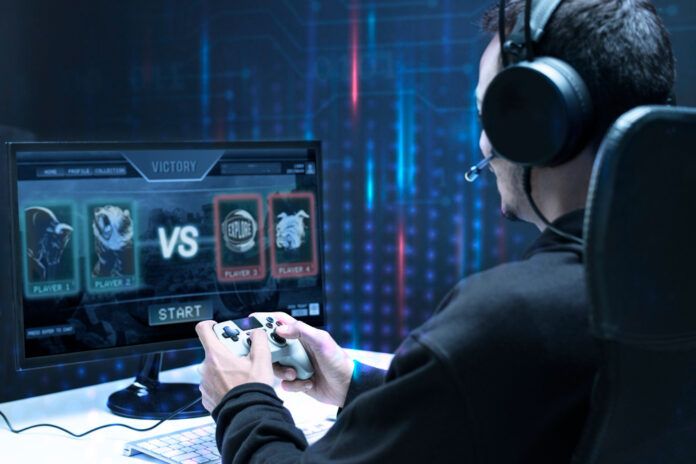The “Stop Killing Games” movement gains momentum as it seeks to challenge the industry’s practice of discontinuing online games, citing consumer rights and media preservation
The gaming community is standing up against the practice of shutting down online games, spearheaded by YouTuber Ross Scott’s “Stop Killing Games” initiative. This movement comes in response to Ubisoft’s recent decision to discontinue “The Crew,” a 10-year-old racing game, due to server infrastructure and licensing issues, rendering the game unplayable. This is not an isolated incident, but a recurring theme within the gaming industry, where publishers cease support for online games, leaving players without the option to play offline or on private servers.
Scott’s campaign aims to protect consumer rights and preserve digital media by advocating for legal scrutiny of live service shutdowns. The movement encourages gamers worldwide to sign petitions and contact regulatory bodies, such as France’s DGCCRF (Directorate-General for Competition, Consumer Affairs and Fraud Control), to reassess the classification of video games as “goods” rather than “services.” This classification dispute lies at the heart of the legal argument, as goods purchased by consumers should not be made inoperable by the seller post-purchase.
Publishers often defend their actions by stating that digital game purchases are conditional licenses rather than sales, with the condition being that the license can be revoked at any time. This defence is highlighted in agreements like Steam’s, which explicitly state that games are licensed, not sold. However, Scott argues that such agreements may not hold up in court across all jurisdictions. He believes a legal victory in one country, such as France, could set a precedent leading to global industry changes.
The “Stop Killing Games” campaign proposes a compromise wherein developers, upon deciding to end support for a game, would provide means for players to continue playing, such as through private server support. This approach acknowledges that some game features may be lost but allows for the preservation of the game itself.
There are precedents for games being kept alive by their communities, sometimes with the original developer or publisher’s blessing. For instance, NCsoft licensed a fan-run server for the defunct MMO “City of Heroes,” and Velan Studios handed over “Knockout City” to the community with private server support after discontinuing the game.
Despite facing challenges in getting government petitions approved, Scott remains optimistic about the potential for legal examination and action in France, with Germany and Australia also being eyed for similar scrutiny. The campaign’s progress has been slow, with no petitions open for signing yet due to bureaucratic delays. Nevertheless, Scott’s dedication to the cause has garnered significant attention, with his introductory campaign video amassing around 200,000 views.
Ubisoft has not commented on the campaign, reflecting the industry’s reticence to engage with the growing demand for game preservation and consumer rights protection. As “Stop Killing Games” continues to gain momentum, it represents a critical moment in the ongoing conversation about the longevity of online games and the rights of players in the digital age.
